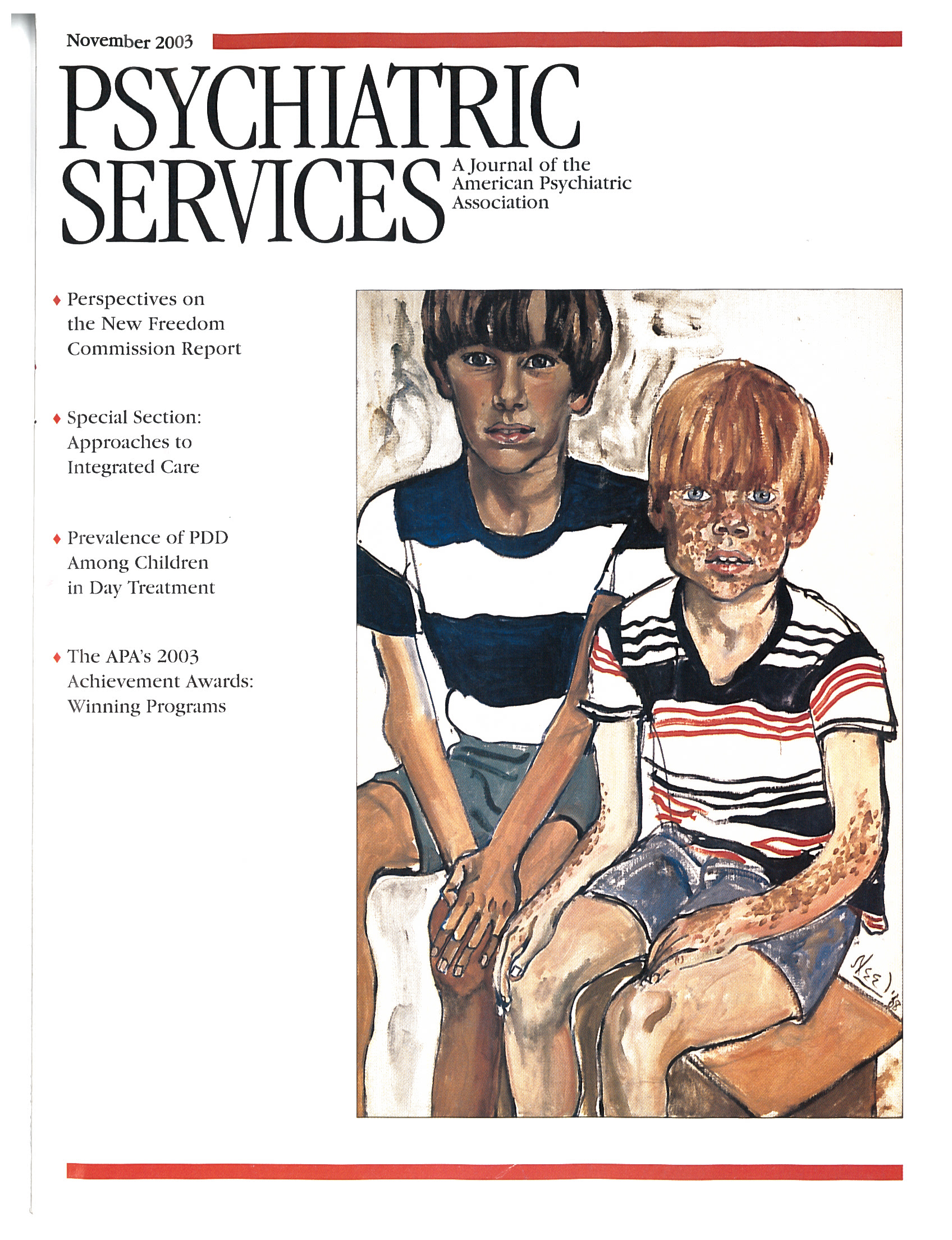Once upon a time, psychiatrists discussed the thought-disordered dialogues of James Joyce as glibly as they discuss dopamine transmitters today. Long before they conversed about cytochrome P-450 inducers, they garnished grand rounds presentations with literary allusions. It was a point of pride that Freud earned the Goethe Prize not for science but for literature. Then the "doctors of the mind" entered the "decade of the brain," and times changed.
David Lodge's Consciousness and the Novel: Connected Essays is a throwback to the best of those bygone times. Lodge never romanticizes the days when psychiatry was more art than science but, rather, attempts to update his topic by talking about current controversies surrounding cognitive science, neuroimaging studies, and consciousness.
Intended for literary types rather than for mental health professionals, the book has a style that is easy and accessible. It reflects the author's dual skills as professor and novelist. Lodge energetically explains concepts such as "memes," "intertextuality," "postmodernism," and "modernist." Still, most psychiatrists will find themselves limping behind the literary lingo, hobbled by an aching awareness of how much has transpired it literary criticism since their college days. Some will decide that literature is best left to specialists and will put the book aside. Those who persevere will be rewarded with a renewed appreciation of the interface between literature and psychiatry.
Each chapter is a self-contained unit about a specific author, which makes the book easily adaptable to teaching seminars. My favorite—on film adaptations of the novels of Henry James—tells us that James' novels "succeed" as cinema because filmmakers delete inner dialogue that captures "consciousness." They instead concentrate on surface action, costume, pageantry, and historical sites to appeal to visually oriented film audiences who want strong story lines.
The quotes from Kierkegaard are especially valuable for readers treating participants in 12-step programs who "live in the now" and refuse to reflect on the past. Lodge's updates on Philip Roth will appeal to those who came of age during the free speech movement of the 1960s, when Portnoy's Complaint appeared. Roth's kvetchy character recounted his life experiences in a single tell-all psychoanalytic session, thus mirroring the political ethos of the era and simultaneously starting the trend of memoir that continues to this day. When Lodge reminds us that D. H. Lawrence's depiction of the Oedipus complex in Sons and Lovers was a self-conscious attempt to incorporate Freudian theory, he makes us realize that psychiatry influenced literature as much as literature influenced psychiatry.
Readers who demand "multicultural inclusiveness" or "political correctness" will not find those qualities in this book. The discussion of Dickens proceeds without a moment's mention of the serious social ills or public health perils that Dickens detailed. E. M. Forster's concerns with consciousness are dissected without regard to his link to colonialism. There are a few quick allusions to women writers, but none were deemed to merit an entire chapter. However, readers who are looking to learn about consciousness and the novel—and just that—will be glad they began with David Lodge's book.

